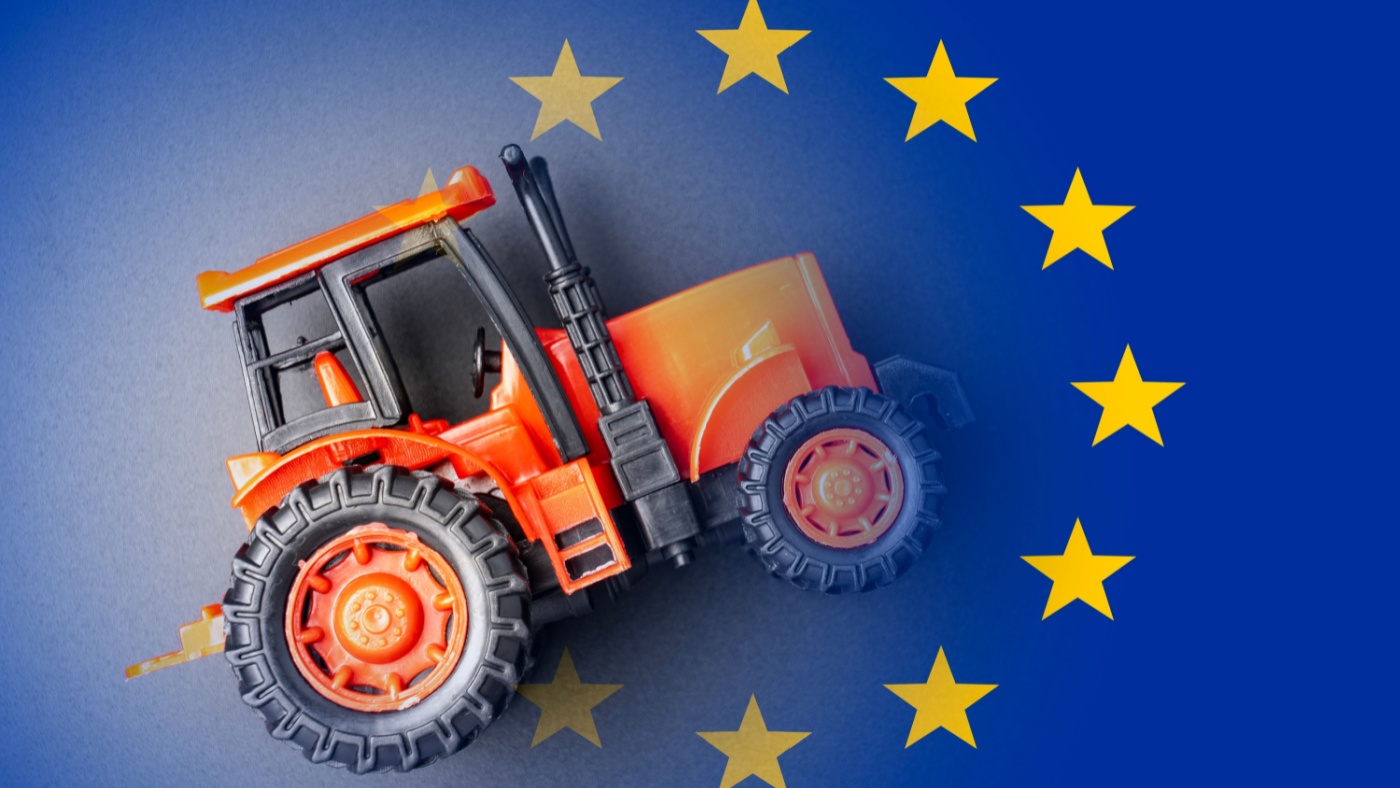It would seem pretty likely by now that soybean farmers in the United States will have heard or maybe even been asked to deliver their crop for a small premium in trade for providing the location of the farm and proof it has not been deforested since the beginning of the decade.
This has to do with a European Union regulation that is supposed to move the trading block into compliance with the Paris Agreement on climate change. Joana Colussi of the University of Illinois says, starting in December, the EU will require this proof on seven agricultural products.
“The seven ag products targeted by the European Union are soybeans, beef, coffee, palm oil, cocoa, wood, and rubber.”
Again, that’s for soybeans, cattle, coffee, cocoa, palm oil, rubber, and wood. Companies and traders planning to sell these products to the European Union must prove their supply chains have not contributed to deforestation any time after December 31, 2020. If trees are removed, the products cannot be imported into the EU. Here’s how that happens, practically speaking.
“That means European importers must conduct due diligence before importing the affected products. The process for European importers must involve, first, the collection of production information, including geolocation. Second, risk assessments are based on the information collected. Risk mitigation, if a significant risk is identified, for example. Due diligence declarations submitted to European authorities upon the entry of the products and annual reports on their due diligence efforts. It’s important to say that this process will be required even if that product meets all sustainability requirements and applicable local standards.”
This due diligence, the data, and geolocation traceability information is mandatory under the EU Deforestation Regulation. Noncompliance beginning in January 2025 will result in penalties and fees being assessed. In May, the U.S. government asked the European Commission to delay the implementation of the regulation and the subsequent enforcement penalties until U.S. producers and exporters can adequately address the traceability challenges.
Large grain elevator companies have been working to comply. ADM, for instance, is asking U.S. farmers to deliver soybeans from geolocated non-deforested fields directly to its facilities for a premium. That geolocation has already taken place in high-risk areas like South America.


